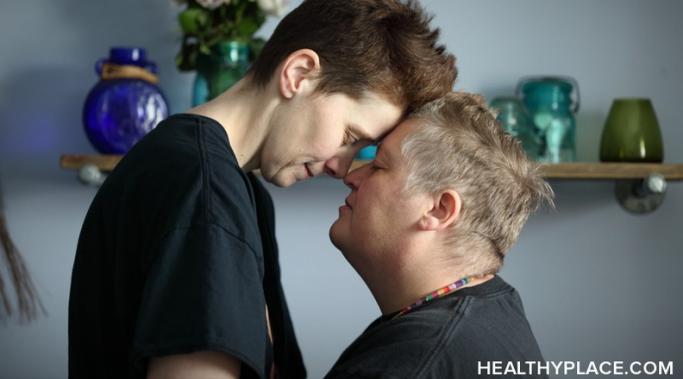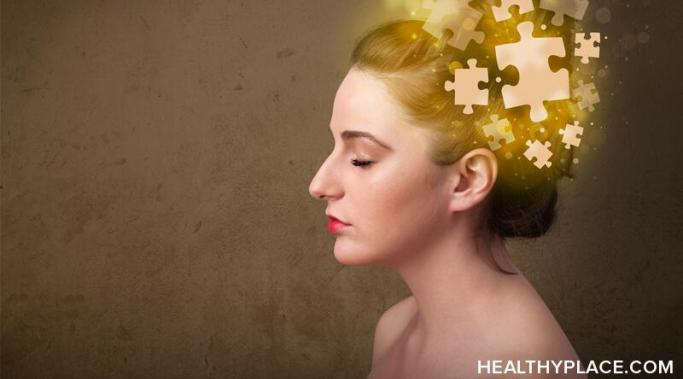Blogs
Like many binge eating disorder sufferers, I've always had a complicated relationship with my body — particularly when it comes to learning to love exercise. I was the typical kid who always got picked last in gym class, and that experience gave me an aversion to exercise that lasted into adulthood. Instead of taking care of my body through movement, I learned to self-soothe with food, alcohol, and other destructive behaviors.
I joined HealthyPlace as I began to reckon with the mental symptoms of my chronic illness. For years, I struggled with depression that came as a side effect to my steroids, the disordered eating that I developed as a result of my gastrointestinal trouble, and the trauma that came from a lifetime of health problems. But I was never able to treat these symptoms with the same regard as my physical ones. The HealthyPlace community helped me validate my struggle with mental health. But the time of COVID has been especially scary for those of us with chronic illness and I'm struggling to stay on top of my business, my graduate studies, and my health. So, though I will miss my HealthyPlace community, I have decided to leave the Relationships and Mental Illness blog in order to lighten my load a little and protect my physical and mental health.
Intermittent fasting involves using short periods of fasting followed by shorter periods of eating to help your body lose fat, gain muscle, and balance hormones— but is intermittent fasting safe for people in eating disorder recovery? Five years ago I tried it, and the outcome of this experience was lifechanging.
Years ago, I learned about the benefit of using meditation to cope with anxiety, but I did not really give it much thought. That was until I realized that I was already often doing it when I was experiencing tremendous anxiety. Meditation has been an incredibly beneficial tool in my anxiety-coping toolbox. You may find that it is valuable for you and that it helps you in several ways.
My family members each have a different supportive style when it comes to my brother's mental illness. In the early days of his depression and anxiety diagnosis, we used to judge each other for these differences -- each of us believed that our approach was the best one. I am looking at supportive styles differently, now.
Journaling can be a wonderful tool to use whenever you feel like your life is falling apart. The act of writing something down on paper works like magic. Your mind calms down, your emotions become more transparent, and you gain control over your self-harm thoughts.
As an autistic person, I have been told many times that I am “sensitive.” My whole life, the smallest of inconveniences or changes in plan can bring me to tears. Getting stuck in the rain would cause a full meltdown. I’ve even had a doctor dismiss my symptoms and tell me “you’re just too sensitive.”
There are a number of facets in the relationship between hygiene and mental health stigma. We probably recognize that mental illness affects hygiene, but the relationship extends to how both are viewed and the overall impact because of that relationship. This is where stigma comes into the picture.
Giving yourself a mental health check-in is a way to be honest with yourself about your emotions and how they are affecting your life. This way, you can handle stressful situations that trigger these emotions and find peace of mind. In this blog post, I will share information about how to do a mental health check-in.
Using a trust test for anxiety helps you decide whether you should trust what your anxiety tells you. Often, anxiety comes on too quickly for us to do much about it, and we easily get swept up by the intensity of our anxiety. Whether we know it or not, this happens in part because we implicitly accept that our anxiety is trustworthy and only shares true information.









